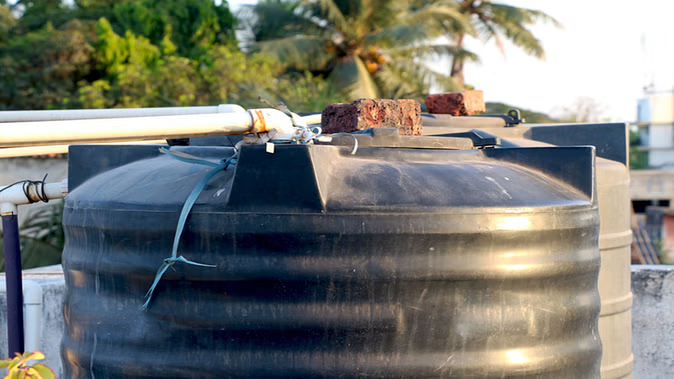
Bhindi Health Benefits: There are many benefits of consuming Bhindi made in most homes. You must have heard about many benefits related to this vegetable from your elders. But is okra so beneficial that it can do the miraculous work of controlling blood sugar levels and cholesterol? Okra is considered good for diabetes patients for two reasons. Firstly, okra is a good source of insoluble dietary fibre, which delays the release of sugar and also keeps hunger under control. Due to this, the load of calories is reduced.
Another reason is that okra controls the absorption of sugar through the intestinal tract. In a study published in the Journal of Pharmacy and Bio Allied Sciences in 2011, researchers found that blood sugar levels were lower in diabetic rats fed dried and ground okra peels and seeds. While the rest of the rats experienced a gradual decrease in blood sugar levels, over about 10 days.
How does okra control the blood sugar level?
Soluble and insoluble fibres are found in high amounts in okra. It takes more time to digest them. Therefore, in this process, the possibility of sugar in the blood decreases or slows down. That is, blood sugar neither rises nor falls. Yes, but stable is needed. Okra is considered beneficial for diabetic patients because it slows down the absorption of sugar in the intestine. Not only this, but bhindi is also a good source of phytochemicals, linoleic acid, antioxidants and essential nutrients like potassium, vitamin C, protein, calcium and folate. One cup of cooked okra contains about 37 micrograms (mcg) of folate.
Why should diabetic patients eat okra?
Bhindi is rich in fibre as well as antioxidants, vitamin B6 and folate. All these elements help in controlling blood sugar levels and reducing the development of diabetic neuropathy. Its glycemic index (GI) is also low. It is an index that measures how quickly a food affects the level of sugar in your bloodstream. Okra contains a good amount of fluids and calories are also less, which also helps in keeping the weight under control.










